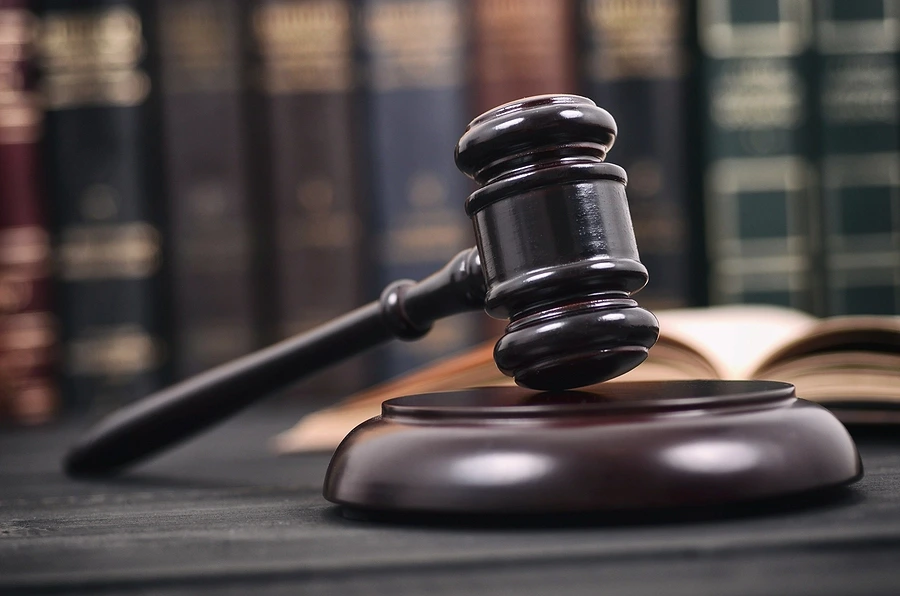The Impact of Social Media on Personal Injury Cases

Social media is a big part of everyday life for many people. Platforms like Facebook, Instagram, Twitter, and TikTok let us share updates, photos, and opinions instantly with friends, family, and even the public. While social media helps us stay connected, it can also have unexpected consequences when it comes to personal injury cases.
If you are involved in a personal injury claim in South Carolina, it’s important to understand how your social media activity can impact your case. Even innocent posts or photos might be used by insurance companies or defense attorneys to challenge your claim. Knowing the risks and taking precautions can help protect your rights and improve your chances of a fair settlement.
How Insurance Companies Use Social Media Evidence
Insurance adjusters are always looking for ways to verify or dispute claims. They know that social media often provides a window into the daily life of injured individuals. Photos, videos, comments, or check-ins can all be used as evidence.
For example, if you claim a severe back injury that limits your ability to work or do physical activities, but your social media shows you hiking, dancing, or lifting heavy objects, the insurance company may argue you are exaggerating or faking your injuries.
Even a casual post about feeling “fine” or “great” after an accident can be taken out of context and used to undermine your case. Insurance companies may also search for photos posted by friends or family that show you engaging in activities inconsistent with your injury claims.
Examples of Social Media Content That Can Hurt Your Case
Certain types of social media content are particularly risky for personal injury claimants:
-
Photos or videos showing physical activity, sports, or heavy lifting
-
Posts describing pain or suffering that conflict with your medical records
-
Check-ins or location tags at events, workplaces, or places that suggest you are not injured
-
Negative or offensive comments that reflect poorly on your character
-
Sharing details about your claim or legal strategy publicly
It’s important to remember that once something is posted online, it can be saved, shared, and used against you even if you delete it later.
How Social Media Evidence Is Gathered
Defense teams may hire private investigators to monitor your social media accounts. They also use software tools to capture and archive public posts.
Even if your accounts are private, if you accept friend or follower requests from unknown people, your content may become accessible. Courts may also allow discovery of social media content in litigation if it is relevant to the case.
Because of this, it’s crucial to be cautious about your online presence from the very beginning of your personal injury claim.
Balancing Privacy and Legal Risks
You have a right to privacy, but when you file a personal injury claim, you open your life to some level of scrutiny. Courts generally allow the discovery of social media posts that relate to your injuries or damages.
However, irrelevant or overly broad social media searches may be challenged by your lawyer. Your legal team can help protect your privacy while ensuring that only pertinent information is shared.
Tips for Protecting Your Personal Injury Case on Social Media
To minimize risks related to social media during a personal injury claim, consider these best practices:
-
Avoid posting about your injury, symptoms, or legal case
-
Do not share photos or videos of yourself engaging in physical activities that may contradict your medical condition
-
Review your privacy settings and limit who can see your posts
-
Be cautious about accepting friend requests from strangers or people you don’t know well
-
Discuss social media use with your personal injury lawyer before posting anything
-
If you’ve already posted something problematic, talk to your attorney about how to address it
Taking these steps can help prevent your social media from being used against you.
The Role of Your Personal Injury Lawyer
A skilled South Carolina personal injury lawyer understands the impact social media can have on your case. Your attorney will:
-
Advise you on proper social media conduct during the claim
-
Monitor publicly available content to anticipate potential challenges
-
Handle discovery requests related to social media
-
Work to exclude irrelevant or unfairly prejudicial content from evidence
-
Build your case around strong medical and factual evidence to counter social media attacks
Legal guidance ensures that social media risks do not derail your claim.
When Social Media Can Help Your Case
While social media often poses risks, it can sometimes support your claim if used carefully. For example, posts showing how the accident affected your life or ongoing struggles can humanize your case.
Photos documenting the accident scene, damaged property, or medical visits may also be useful if properly preserved.
Always consult your lawyer before using social media in your legal strategy.
The Growing Importance of Social Media in Personal Injury Law
Courts and insurance companies increasingly recognize social media as a critical source of evidence. Judges may allow social media content to be admitted in court if it is relevant and properly authenticated.
Because of this, the way you manage your social media presence from the start of your case matters more than ever.
Conclusion
Social media has become an unavoidable part of modern life, but it carries unique challenges for personal injury claimants in South Carolina. Posts, photos, and comments made online can be scrutinized and used to question the validity of your injuries and damages.
To protect your case, it’s essential to be cautious about what you share, understand the legal implications, and work closely with an experienced personal injury lawyer. With the right approach, you can avoid common social media pitfalls and focus on obtaining the compensation you deserve for your injuries.
